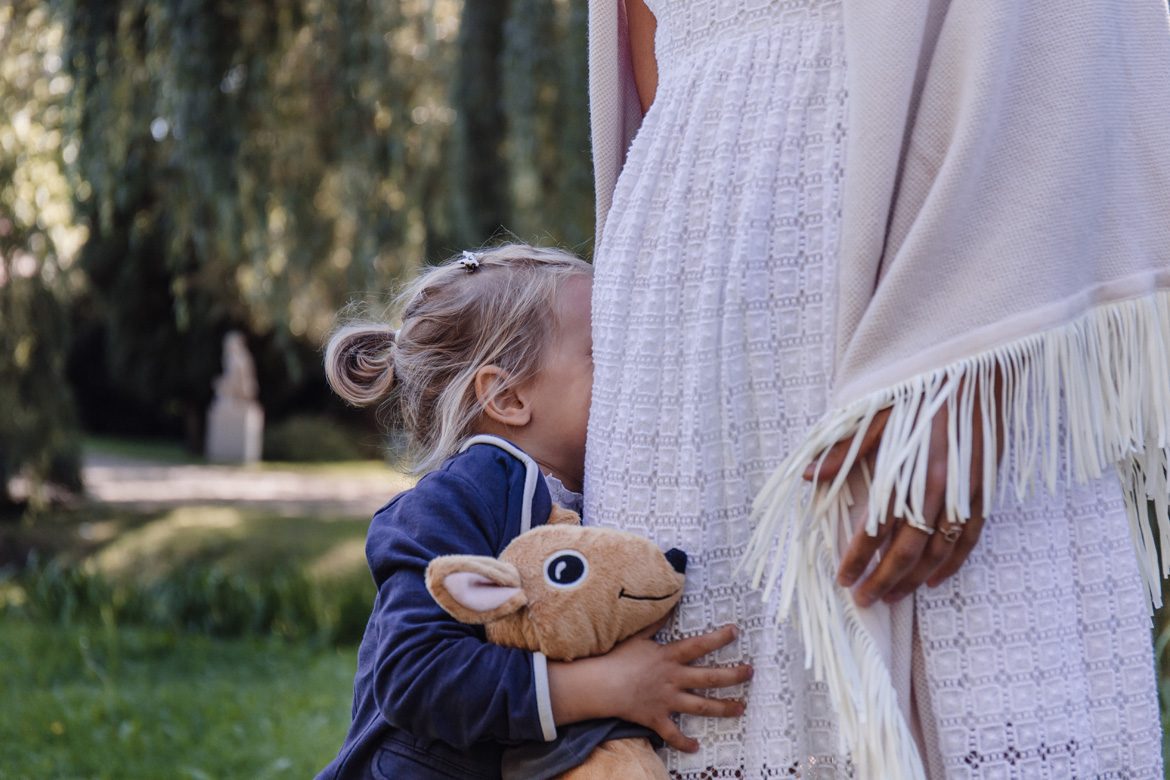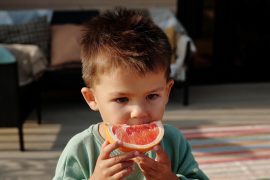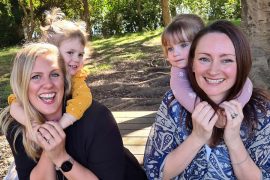By Bonnie Harris
What does the word discipline conjure up for you? Takes you right back to childhood, right? Did you like being disciplined? I bet not.
When I talk about the benefits of shared power, connection, and problem solving, parents inevitably ask, “Are you saying that we shouldn’t discipline our children?” or “Isn’t that undermining my authority?” Great questions.
The dictionary defines discipline as “using punishment to correct disobedience”. However self-discipline is defined as “train[ing] oneself to do something in a controlled and habitual way”. When you discipline yourself, do you inflict punishment on yourself? A sacrifice may be necessary but only if you want a new habit more than you want the old one.
The derivation of the word discipline is “from the Latin disciplina ‘instruction, knowledge'” as in disciple. We know that children learn best when they are fully engaged in experiential instruction-not through the experience of isolation, shame or losing privileges. A mother came into one of my weekly groups with an assignment from her five year old. He said, “Mom, ask your parenting group what you should do instead of sending me to my room when I’m bad, because it doesn’t work, you know. All it does is make me mad.” There is our lesson on punishment.
But if I don’t punish, how do I discipline? First we have to de-define discipline as punishment. Because it doesn’t work, you know.
Here are the means of achieving positive discipline:
- Modeling: Never was there a more effective method of teaching our children. How many of us practice what we preach? Or do we expect our children to do what we say, not what we do? Much of our so-called discipline techniques employ disrespectful tones and language. So children learn from us how to be disrespectful. We get angry and yell at our children when they don’t do what we want? So they learn to yell to get what they want.
- Connection: All of us do best when we feel understood and accepted. Our most effective tool for engaging children’s cooperation is to let them know we understand – what they must have felt like before getting to the point of hitting, how hurt they must be before shouting such words. Then they can hear and engage in what they might do differently. Blame breaks connection and incites anger and defensive reactions like lying, blaming, rebelling, and not being accountable for oneself.
- Time in: Many children get wound up and physical and can’t find a way back to calm. Note the word is can’t, not won’t. At these times they need a calm, yet firm adult to meet them where they are to help them back down. Each child needs something different; some need holding, some need an alternate way to expel their energy before they can calm, some need to be alone, and some need your calm presence to help them shift. Time out provokes feelings of rage, isolation, and feeling misunderstood and unwanted. Time in means you are there for help.
See more on next page…











